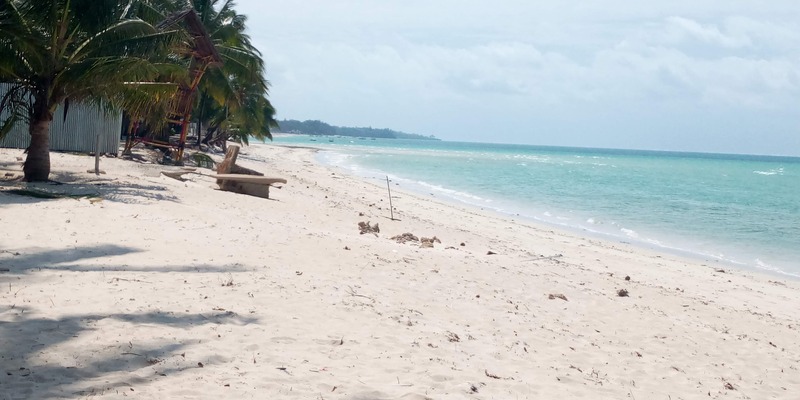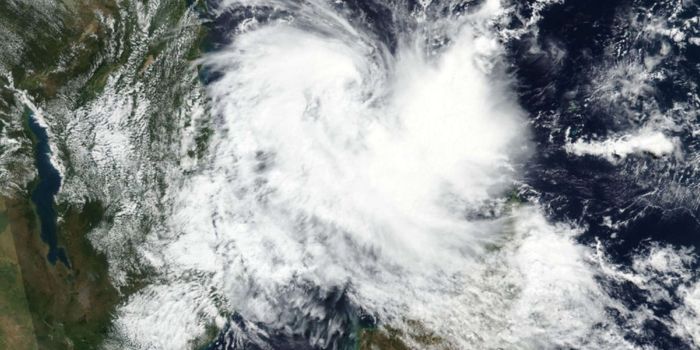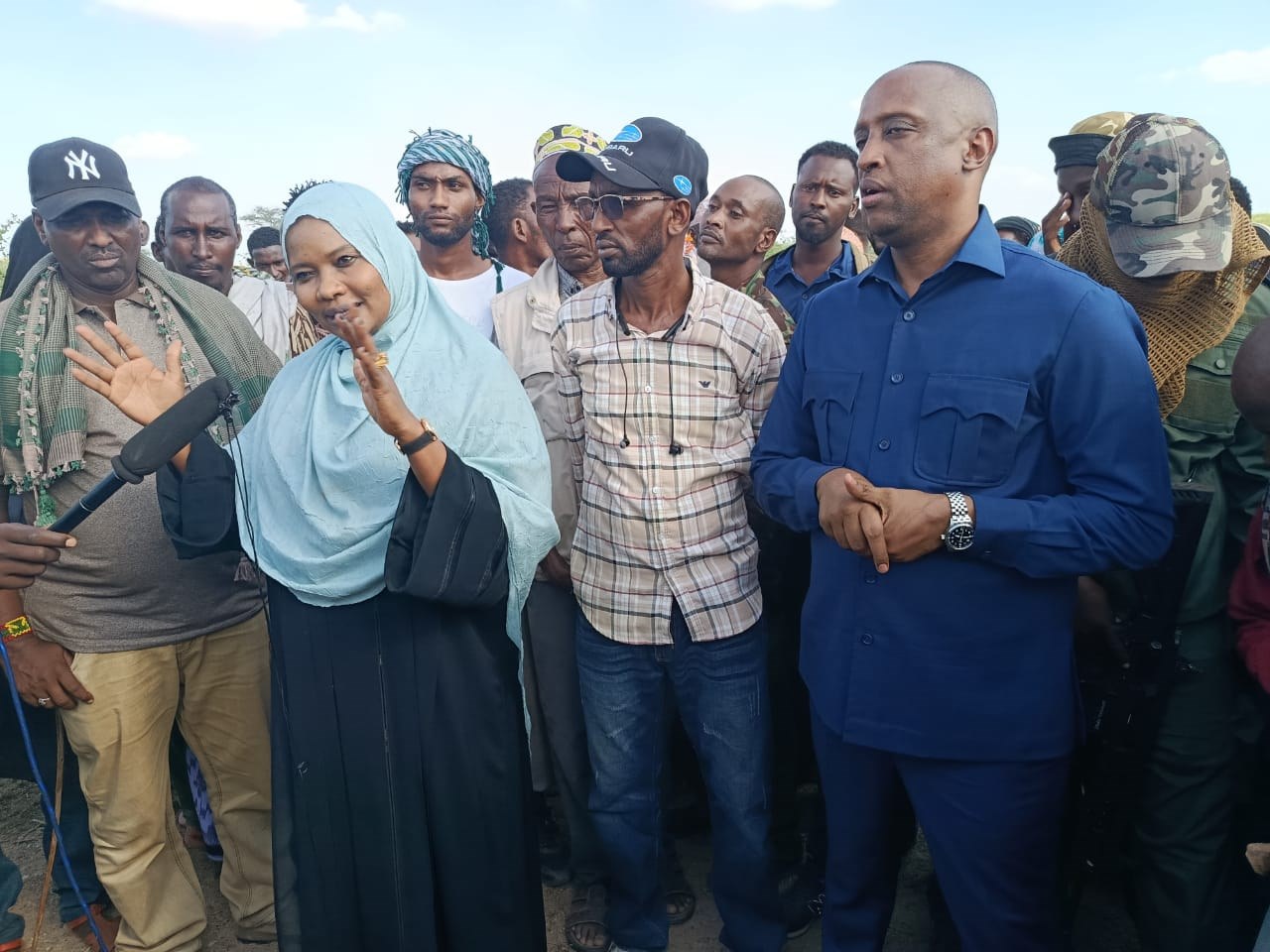Interior Ministry bans beach activities in coastal region as Kenya braces for Cyclone Hidaya

The CS explained that scientific tracking of Cyclone Hidaya has established that it has acquired its full status with the capability of remaining so until it hits Kenya and Tanzania any time now.
The Kenyan government has taken proactive measures to ensure the safety of coastal residents as Cyclone Hidaya approaches.
Interior Cabinet Secretary Kithure Kindiki has announced a ban on various activities at the coast, effective immediately in anticipation of Cyclone Hidaya hitting the region.
More To Read
- Activist moves to appeal ruling on judges’ recusal in Kindiki ouster case
- Chief Justice Koome calls for stronger East Africa judicial collaboration
- Museveni roots for unified East African military to address security threats
- Museveni clarifies Indian Ocean comments after Kenya downplayed war talk
- Supreme Court to receive title deed by December 25, says DP Kithure Kindiki
- Kenya dismisses war fears as Mudavadi quashes claims of Uganda ‘overrunning’ the country
In a statement on Saturday, the CS said that the ban will take effect at 5 pm on May 4, 2024, until midnight on Monday, May 6, 2024.
"The County Security and Intelligence Committees (CSICs) in collaboration with the Kenya Coast Guard Service (KCGS) are directed to immediately issue notices and to strictly enforce a ban on beach activities, fishing, swimming, non-essential transport within Kenya's territorial waters effective today," Kindiki directed.
The affected counties include Kwale, Mombasa, Kilifi and Lamu.
The above teams are also expected to ensure the evacuation of settlements deemed too close to the shoreline.
 A satellite image of Cyclone Hidaya. (Photo: Google Earth)
A satellite image of Cyclone Hidaya. (Photo: Google Earth)
The CS explained that scientific tracking of Cyclone Hidaya has established that it has acquired its full status with the capability of remaining so until it hits Kenya and Tanzania any time now.
"The Cyclone could generate massive precipitation with strong winds and powerful waves capable of significantly disrupting normal activities within Kenya's territorial waters in the Indian Ocean as well as human settlements along the Kenyan Coast," he said.
As a result, the government has cautioned the public against engaging in activities within Kenya's territorial waters and the beaches of Kwale, Mombasa, Kilifi and Lamu Counties.
Tanzania has also cautioned its citizens regarding the expected Cyclone Hidaya.
According to the Relief Web, Hidaya which is a new tropical storm was formed on May 1, 2024, over the central Indian Ocean, north of Madagascar, Comoros and Mayotte (France).
It then started moving west toward eastern Tanzania. As defined by the World Meteorological Organisation (WMO), cyclones are also called hurricanes or typhoons, depending on the region.
A tropical cyclone is a rapidly rotating storm that begins over tropical oceans, and it can vary in speed, size, and intensity.
As the WMO highlights, tropical cyclones are the second-most dangerous natural hazards, after earthquakes. According to the organisation, 1,945 disasters have been attributed to tropical cyclones over the past 50 years.
"Each year, tropical cyclones cause multiple casualties, deaths, and significant damage to property and infrastructure in the immediate term," says WMO.
Top Stories Today













































